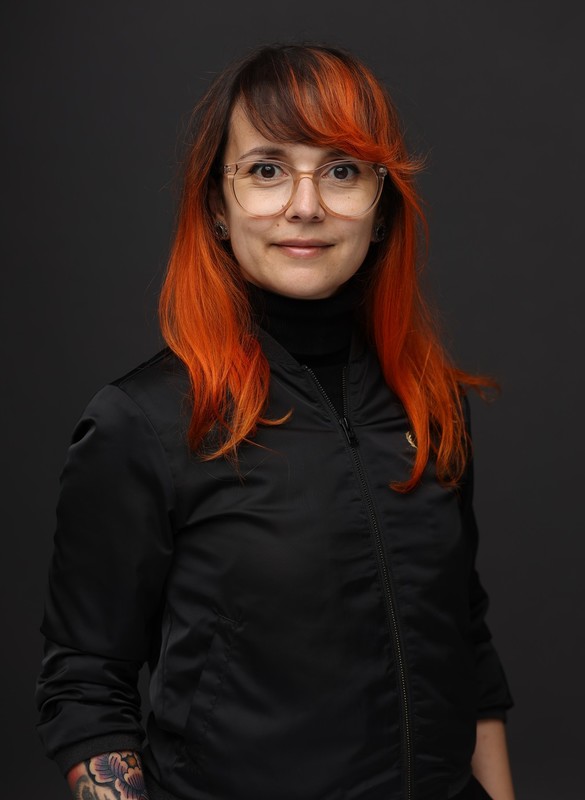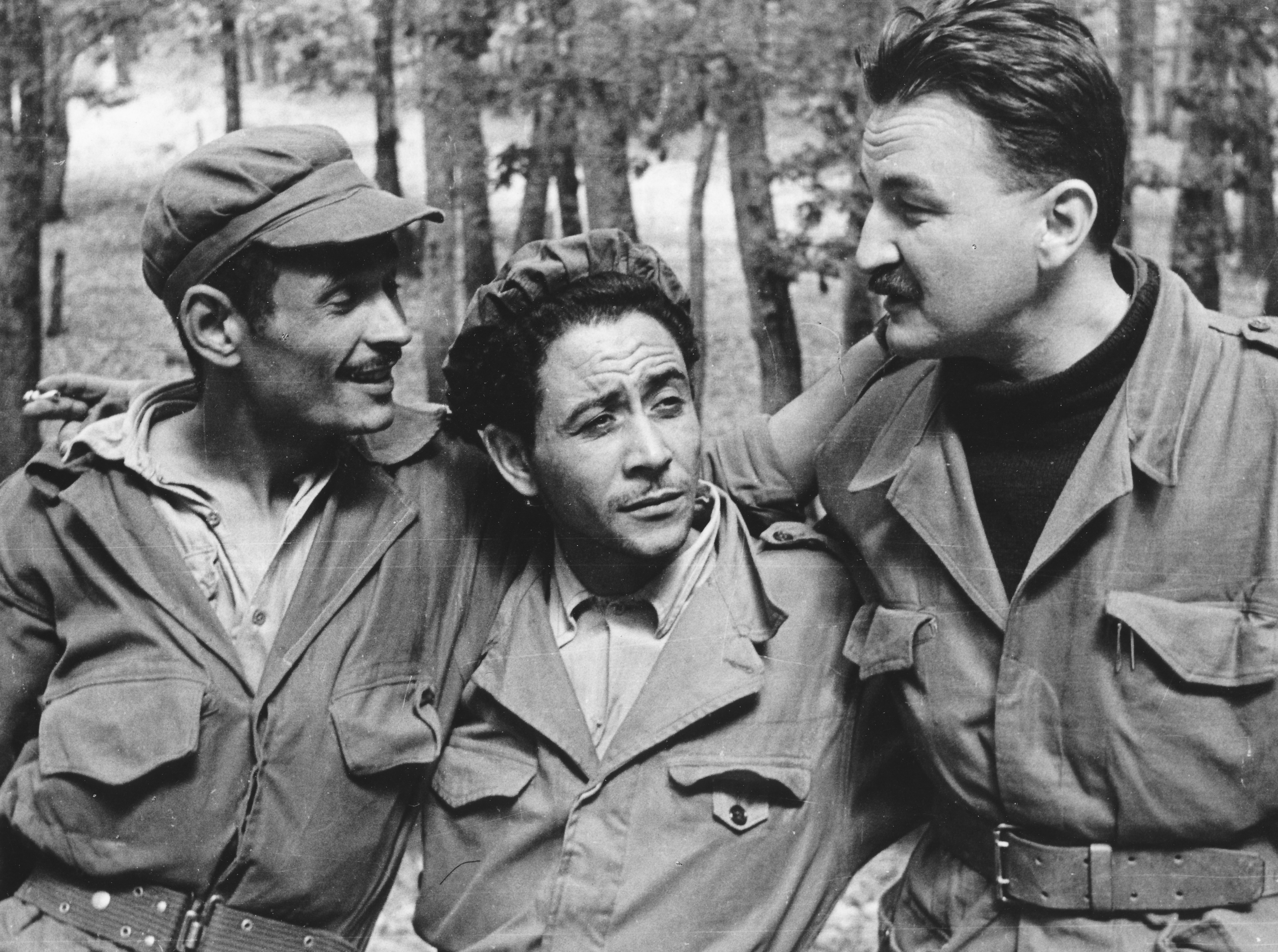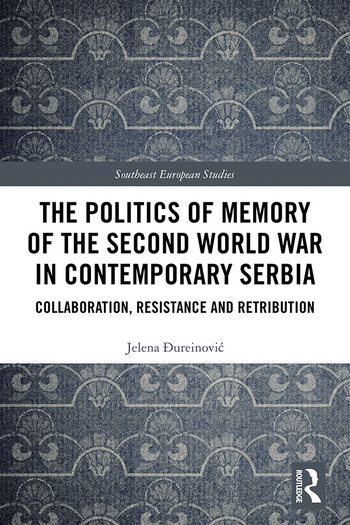I am a historian interested in the memory and legacies of war in the 20th and 21st centuries. I am currently based at the Research Center for the History of Transformations (RECET) at the University of Vienna. My research interests include memory studies, history of antifascism and Yugoslavia.
My first book on the politics of Second World War memory in Serbia was published with Routledge in 2020.
My research project, funded through the APART-GSK program of the Austrian Academy of Sciences, investigates Yugoslav socialist internationalism as entangled history of antifascism and anticolonialism. I examine the role of the memory and legacies of war in the relations between the Yugoslav Partisan veterans and anti-colonial liberation movements from Africa.


Globalising the Yugoslav Revolution in the Postcolonial World
Veterans, Memory and Transnational Networks of Solidarity
Photo: Yugoslav Partisan and journalist Zdravko Pečar with the FLN soldiers during the Algerian War of Independence, 1958
© Museum of African Art, Belgrade

How do the politics of memory work?
Since the overthrow of Slobodan Milošević in 2000, memory politics in Serbia has undergone drastic changes in the way in which the Second World War and its aftermath is understood and interpreted. The glorification and romanticisation of the Yugoslav Army in the Homeland, more commonly referred to as the Chetnik movement, has become the central theme of Serbia’s memory politics during this period. The book traces their construction as a national antifascist movement equal to the communist-led Partisans and as victims of communism, showing the parallel justification and denial of their collaboration and mass atrocities. The multifaceted approach of this book combines a diachronic perspective that illuminates the continuities and ruptures of narratives, actors and practices, with in-depth analysis of contemporary Serbia, rooted in ethnographic fieldwork and exploring multiple levels of memory work.
“Jelena Đureinović’s timely book is an excellent and ground-breaking study into the problematic issue of memory politics in contemporary Serbia and its ramifications for other Yugoslav successor states”.
Vjeran Pavlaković, University of Rijeka
“This study is a timely warning of the seriously political consequences of playing politics with the past”.
Jelena Subotić, Georgia State University
“Đureinović’s thought-provoking work draws our attention to the dangers of forgetting, deliberately ignoring and downplaying crimes of the past, and to the dynamics of reinterpreting history to fit political demands and needs in the present”.
Tea Sindbæk Andersen, University of Copenhagen
News, Events, Media
Erasing the Yugoslav Revolution: (Mis-)Remembering Antifascism in Serbia and the Post-Yugoslav Space
Originally published in The Helsinki Notebooks: Global Dispatches against Fascism and the Far Right The People’s Liberation War (Narodnooslobodilački rat, NOR), as the Yugoslav Partisans’ antifascist struggle and parallel socialist revolution during World War II were officially termed, was the birthplace of Yugoslav state socialism. The communist-led and country-wide uprising of 1941 rapidly grew into…
Conference “Antifascism(s) from 1989 to the present. Actors, Meanings, Practices and Circulation”
Eighty years after the Liberation, the conference aims to explore the transformations of antifascism over the past 35 years, both in Italy and on a global scale. Originally born to oppose historical fascism, antifascism has spanned the 20th century as a political, cultural, and symbolic project. After 1989, amid a crisis of memory, institutional changes,…
Keynote at the workshop “New Directions in Veteran History”
When: Wednesday, April 2, 2025 – 10:00 to 16:00 Where: Arts & Humanities Institute, First Floor of Iontas Building The COLVET project team are delighted to welcome you to attend this hybrid workshop on ‘New Directions in Veteran History’, in the Arts and Humanities Institute, First Floor of Iontas Building, Maynooth University on Wednesday, April 2nd, 2025. This event brings together colleagues doing…